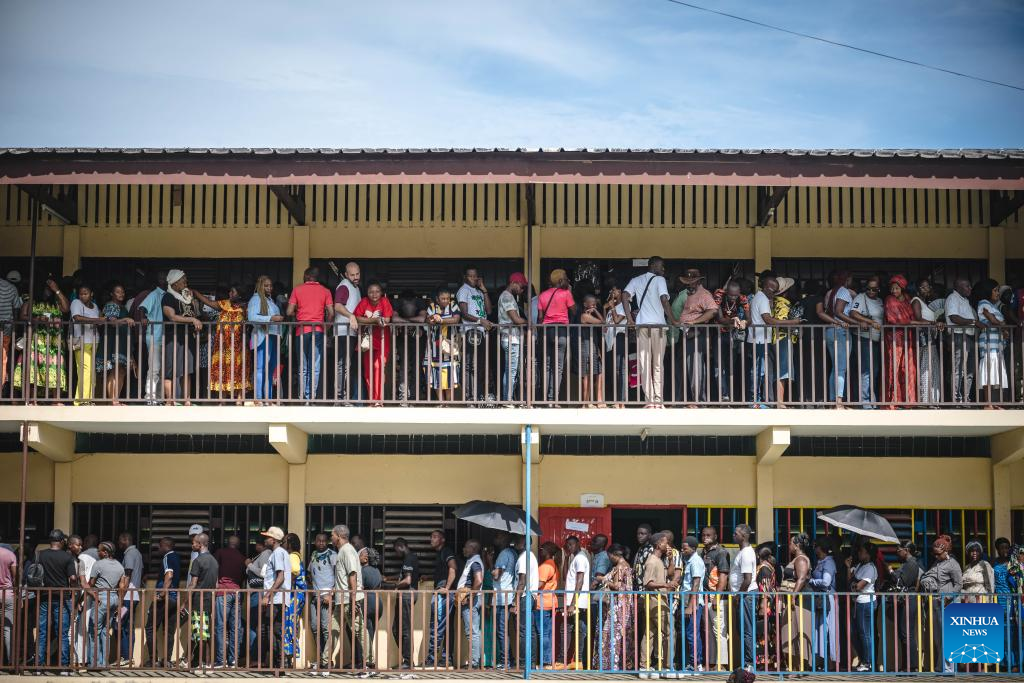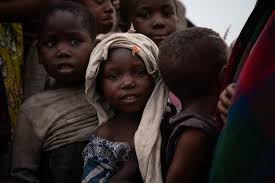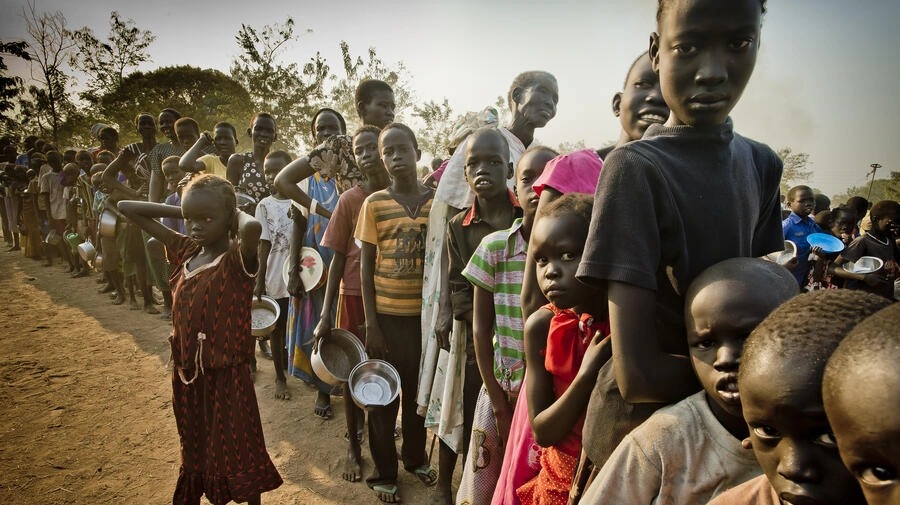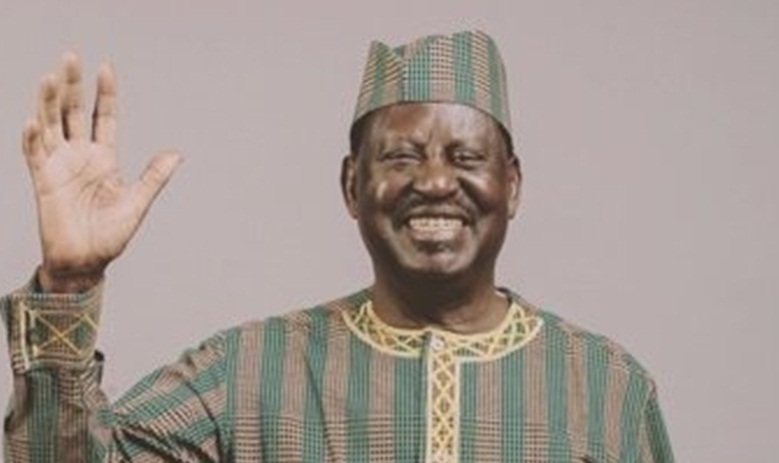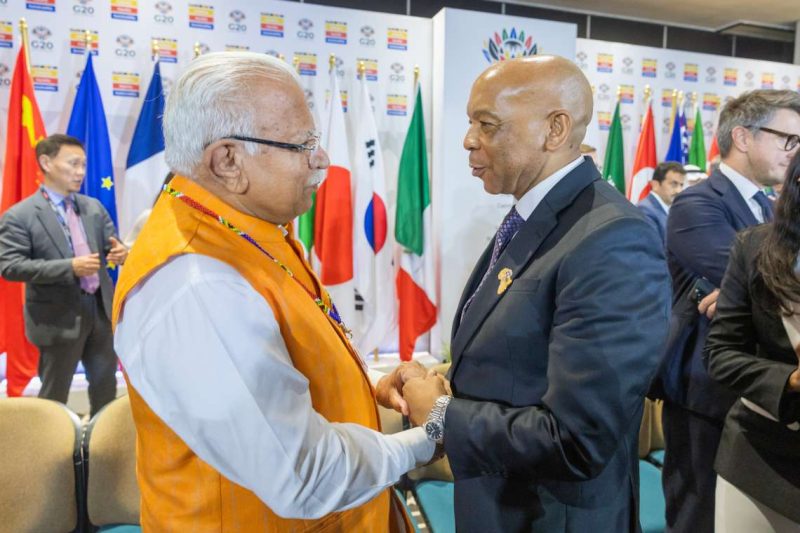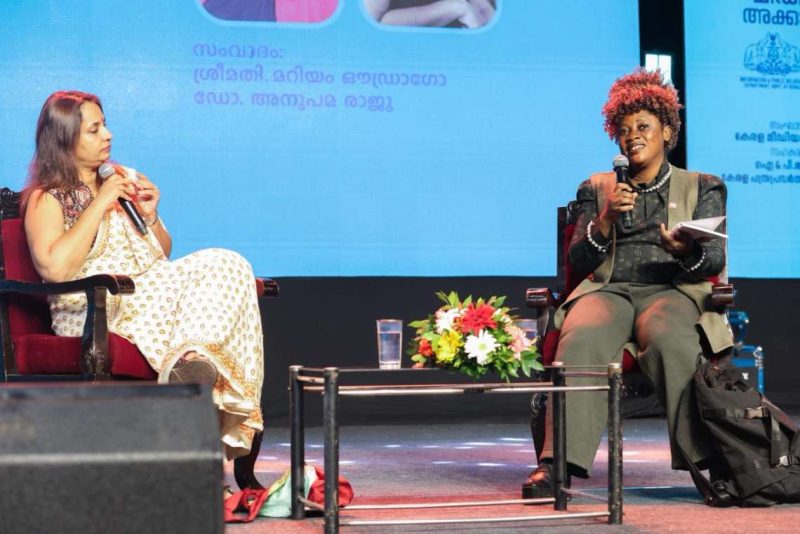Some 920,000 voters, including over 28,000 overseas, were registered across more than 3,000 polling stations. A third of the country’s 2.3 million people live in poverty despite its vast oil wealth
The majority of polls closed in the oil-rich Gabon on Saturday in a presidential election that the country’s military rulers hoped would legitimize their grip on power. It’s the first election since a 2023 military coup ended a political dynasty that lasted over 50 years. Analysts have predicted an overwhelming victory for the interim president who led the coup. The polls were due to close at 6 p.m. local time, but there was no official confirmation from the authorities. Interim results were expected overnight or on Sunday.
Some 920,000 voters, including over 28,000 overseas, were registered across more than 3,000 polling stations. A third of the country’s 2.3 million people live in poverty despite its vast oil wealth.
The interim president, Gen. Brice Clotaire Oligui Nguema, 50, the former head of the republican guard, toppled President Ali Bongo Ondimba nearly two years ago. He hopes to consolidate his grip on power for a seven-year term in office.
After casting his ballot on Saturday in the capital, Libreville, Oligui Nguema said: “I have a feeling of pride, I have a feeling of joy. I see so much enthusiasm from the Gabonese people gathered here and who want to turn the page to join the new Republic.”
Bongo was placed under house arrest after the coup, but then freed a week later due to health concerns. His wife and son were detained and charged with corruption and embezzlement of public funds. Bongo himself was not charged.
Following the coup, Oligui Nguema promised to “return power to civilians” through “credible elections.” But he proclaimed himself the interim president and then a presidential candidate, following the adoption by the parliament of a new contentious electoral code allowing military personnel to run.
He has touted himself as a leader who wants to unify the Gabonese and give them hope, running his presidential campaign under the slogan: “We Build Together.” The country’s new constitution, adopted in a referendum in November, has set the presidential term at seven years, renewable once, instead of the unlimited fiver-year term. It also states family members can’t succeed a president and has abolished the position of prime minister.
However, Oligui Nguema’s main challenger is Bongo’s former Prime Minister Alain Claude Bilie-By-Nze, who, in a recent interview with The Associated Press, pledged “a break with the old system and a new independence. Political, diplomatic and economic independence.”
In a region where France is losing longstanding allies in many of its former colonies, Gabon stands out as one of only a few where that partnership has not been threatened. It still has more than 300 French troops present, one of only two African countries still hosting them. Oligui Nguema has not signaled an end to the French military presence, but Bilie-By-Nze has said “no subject is off limits” in renegotiating the ties between the two countries.
Bilie-By-Nze also said during the interview with AP that he didn’t expect the election to be fair or transparent. “Everything has been done to lock down the vote,” he said. However, earlier this week, Laurence Ndong, spokeswoman for Oligui Nguema, denied the allegations, saying: “For the first time, Gabon will have a free and transparent election.”
Bilie-By-Nze voted on Saturday in his hometown of Makokou in the north of the country. In a video message, he said he was concerned that unused voting cards could be used for potential electoral fraud.
Voters lined up early Saturday in the capital, Libreville, as the election progressed peacefully. Jonas Obiang said while waiting to cast his ballot in the working-class district of Damas that he would choose Bilie-By-Nze because he viewed the 2023 coup as a continuation of the malpractice.
“General Oligui Nguema led the country with the same people who plundered the country, the former members of the Bongo regime. I will not vote for him,” he said. His views were echoed by Antoine Nkili, a 27-year-old unemployed man with a master’s degree in law.
“The choice is personal, but I’m telling you that for me, the military has failed,” Nkili said. “They promised to reform the institutions, but they haven’t. Instead, they’ve enriched themselves.”
Jean Bie, 57, who works in the construction sector, said the military rule has benefited the population. “In 19 months, General Oligui Nguéma has completed several projects expected of the former regime. I’m voting for him, hoping he’ll do more over the next seven years,” he said.


